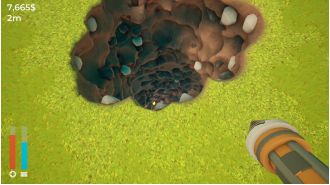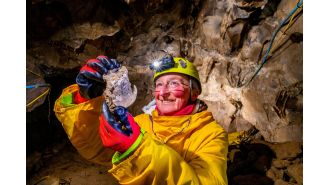Using your phone to trace your family history
Discovering your family history is made easier with the assistance of your mobile device.

Summer is a time for fun and relaxation, but for some, it means delving into their family history. While genealogy websites have made it easier to research one's ancestors, not everything can be found online. That's why spending time in places like graveyards and libraries is still important for those looking to connect with their roots.
As you embark on your journey to discover your family history, don't forget to bring along your smartphone or tablet. These devices can be handy tools for translation, document scanning, and more. Here are a few tips to help make your research trips more efficient.
One challenge you may face is deciphering text from old newspapers, religious registries, grave markers, and official government documents. These sources can provide valuable information, but they may be in a language you don't understand. That's where tools like Google Lens and Apple's Live Text can come in handy. These features use your device's camera to isolate and translate words from images. If the translation isn't perfect, you can try typing the text into a note or document and using a translation app for a better understanding.
Scanning documents is another useful tool for collecting information. If you come across documents that haven't been digitized, you can use your phone's scanning feature or a dedicated scanning app to create digital copies. This way, you can have all your research in one place and easily transfer and edit them on a computer later.
Taking photos of old yearbooks and other photo collections is also a quick way to digitize them. You can use your phone's photo-editing tools to enhance the images and transfer them to a computer for further editing. Alternatively, there are apps like Google's PhotoScan that attempt to correct common issues with old prints, such as glare and faded colors.
Visiting the final resting place of an ancestor can also provide valuable information. Online resources like Find a Grave and BillionGraves can help you locate graves and provide photographs of headstones. There are also specific resources for military cemeteries, such as the Department of Veterans Affairs' gravesite locator and the American Battle Monuments Commission's search page.
While you may not be visiting famous landmarks on this type of trip, the memories you collect from discovering your family history can be just as special. So don't forget to bring your smartphone and capture all the valuable information and stories along the way.










